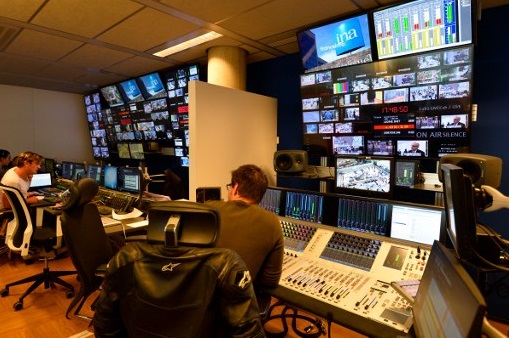The digital shift in journalism has resulted in pressure on business models of traditional and digital publishers, and a change in the way that news is packaged and distributed. Cost-cutting, overburdened staff and fast news cycles have led to poor working conditions for journalists and questions of quality and trust in the media.
The EFJ’s new project Managing change in media works with social partners including the European Broadcasting Union (EBU) and News Media Europe (NME) to find innovative ways to address these key issues. The project emphasises rights for all workers, social dialogue and gender equality.
Activities:
- 5 thematic capacity-building workshops focusing on: digital journalism and new business models (Germany); renewing unions through recruitment and modernisation (Portugal); tackling precarious work in journalism (Sweden); modernising public service media through innovation and dialogue (Romania); and gender equality and diversity in newsrooms and unions (Turkey).
- Final conference on the future of the news industry, bringing together trade unions, social partners, policy makers and experts. Skills, training, social dialogue, employment and best practices will be discussed. (Greece)
- Expert Exchange Visits: personal and intensive coaching from a one-on-one, hands-on approach to deal with specific issues and develop tailor-made strategies. 5 opportunities will be given.
- Case studies and practical tips will be produced by experts and researchers. 5 will be produced in total, once every two months.
- Nuremberg, April 2018 – Business Models
- Lisbon, June 2018 – Recruitment and Organising
- Stockholm, October 2018 – Freelances’ Rights
- Bucharest, March 2019 – Public Service Media
- Istanbul, June 2019 – Gender and diversity
- Thessaloniki, October 2019 – Final Workshop

 This project receives the financial support of the European Union (DG Employment, Social Affairs & Inclusion). All responsibilities regarding the contents and the actions belong to the authors only and should not be considered as reflecting the views of the European Union.
This project receives the financial support of the European Union (DG Employment, Social Affairs & Inclusion). All responsibilities regarding the contents and the actions belong to the authors only and should not be considered as reflecting the views of the European Union.










